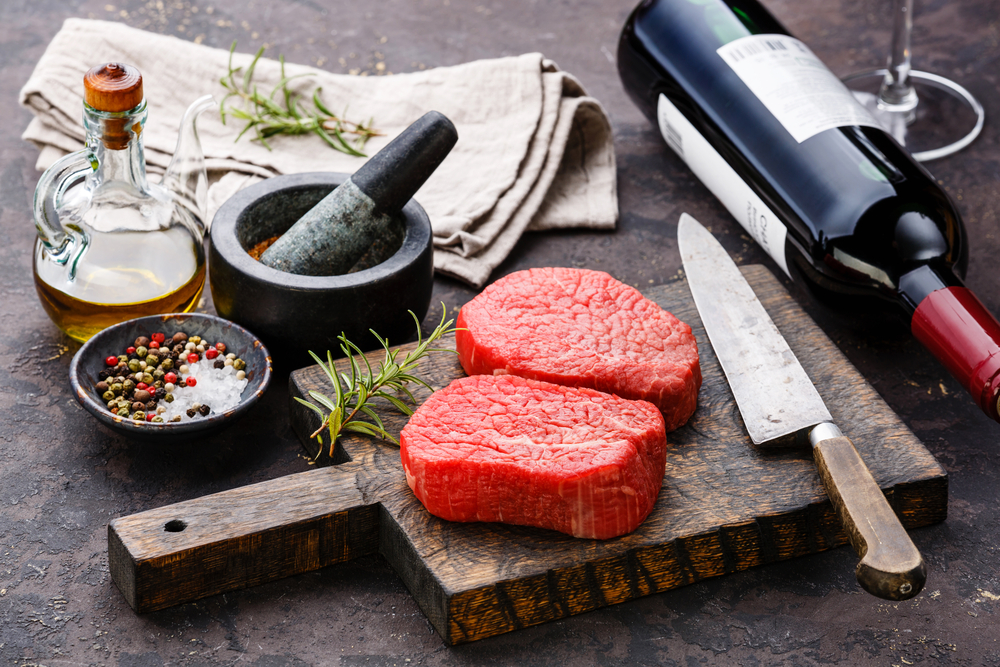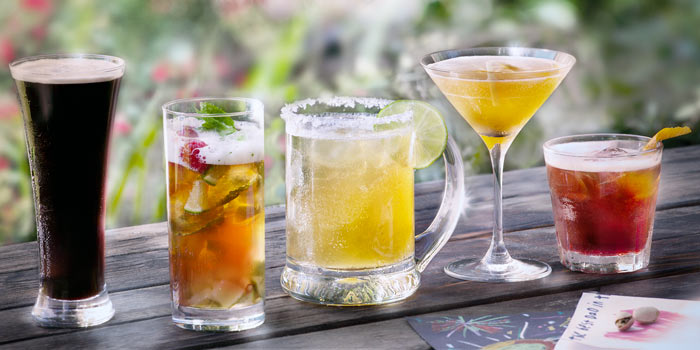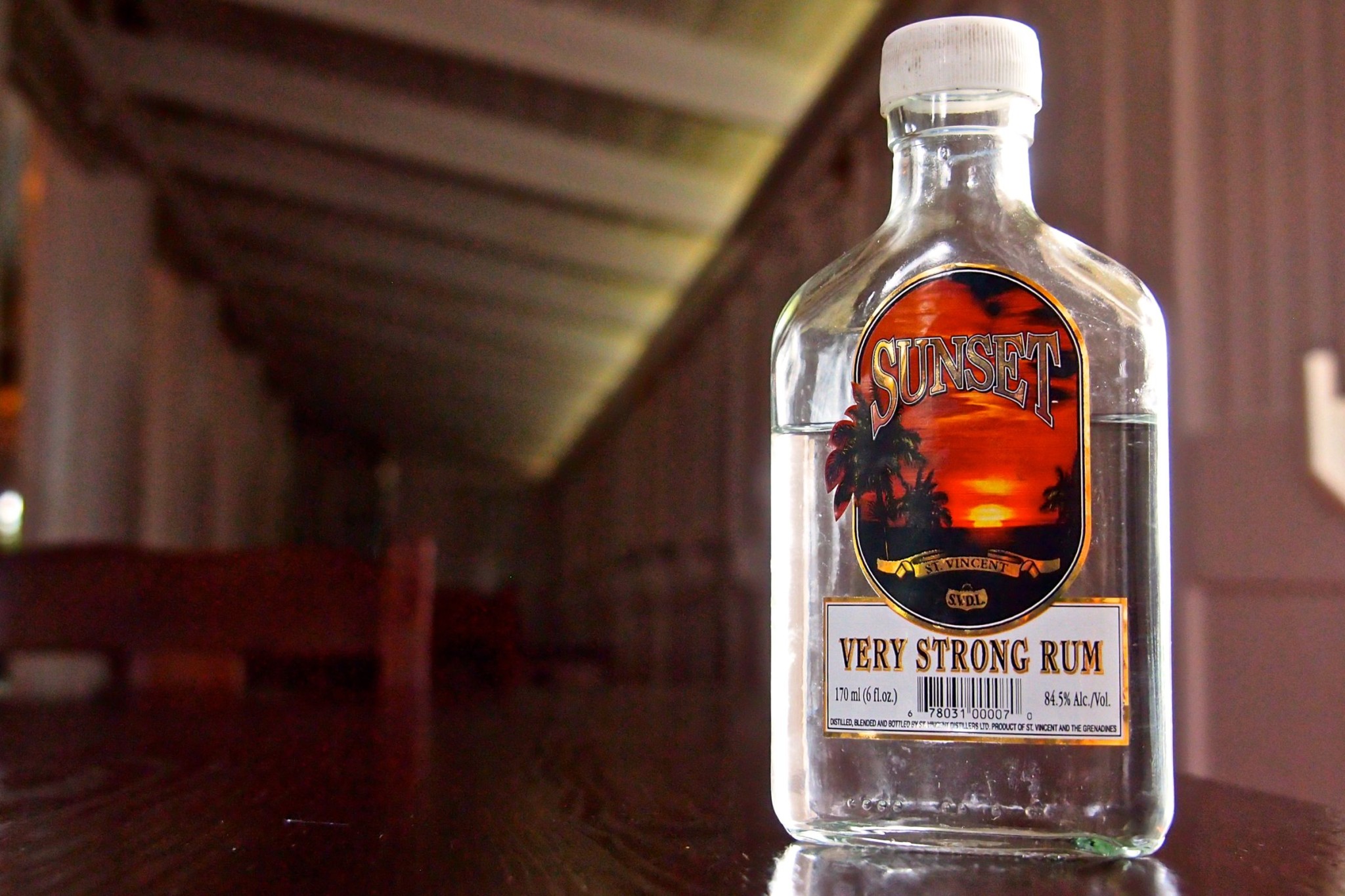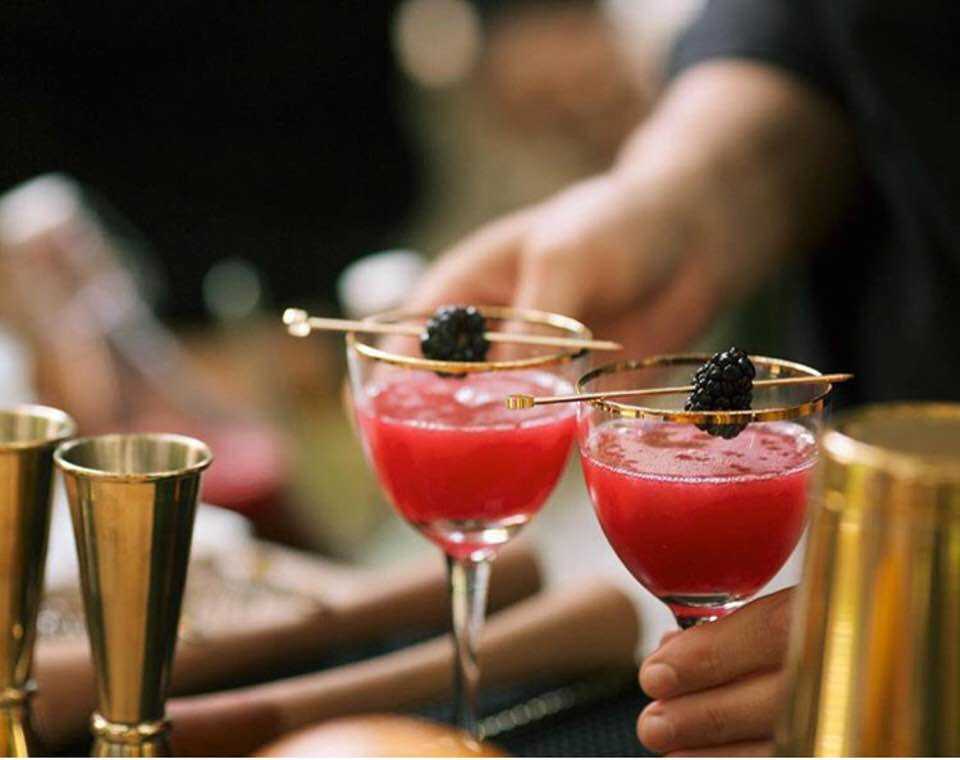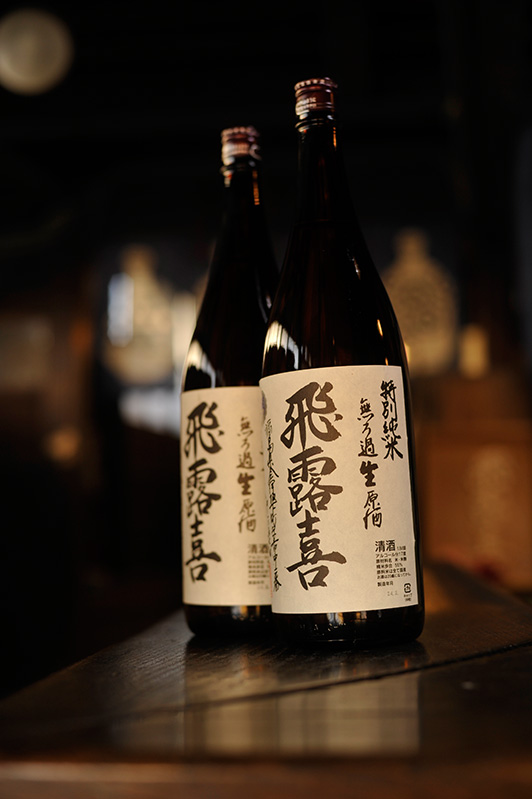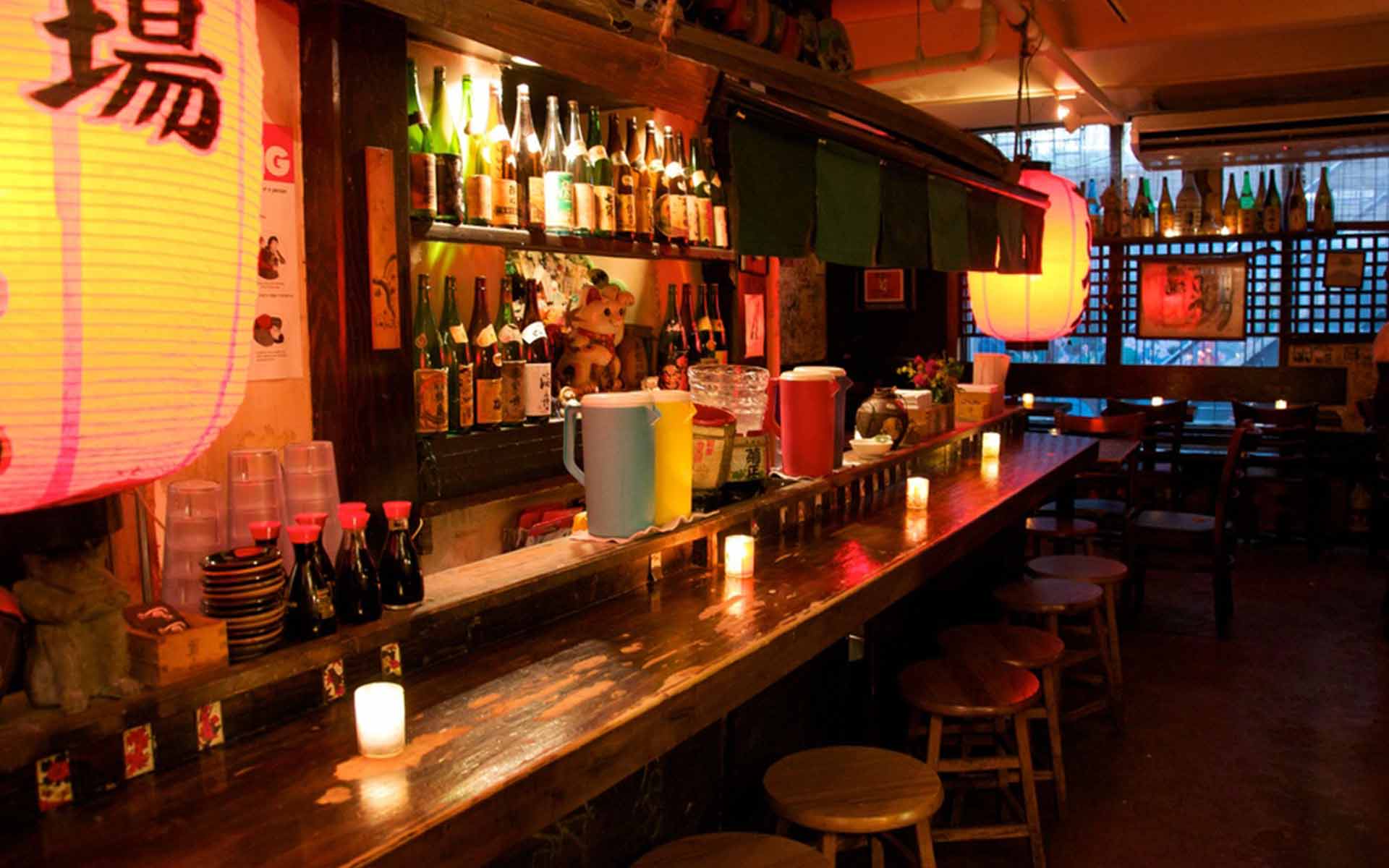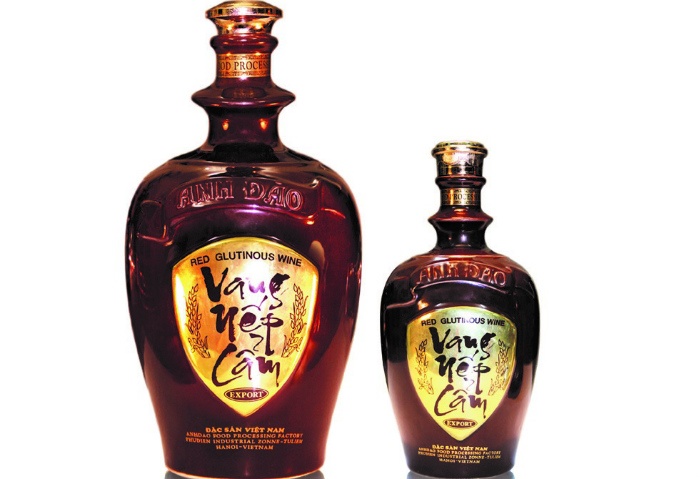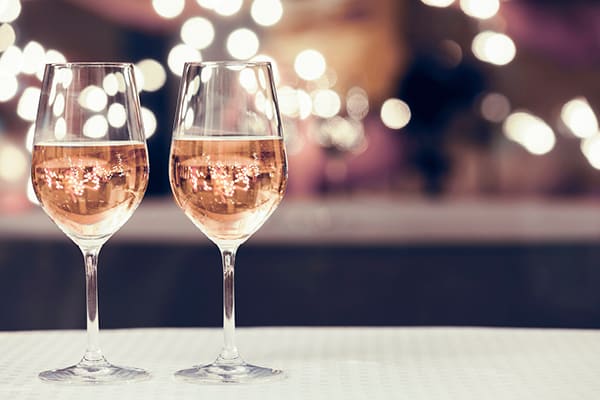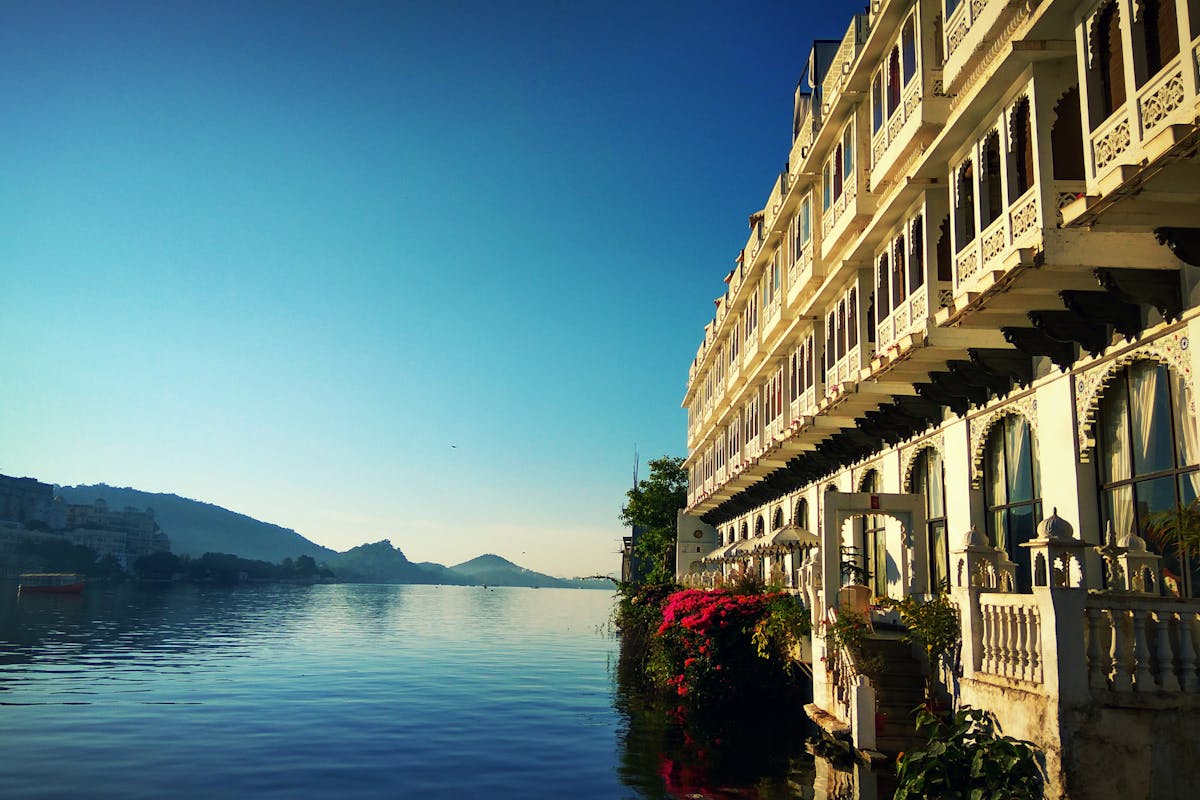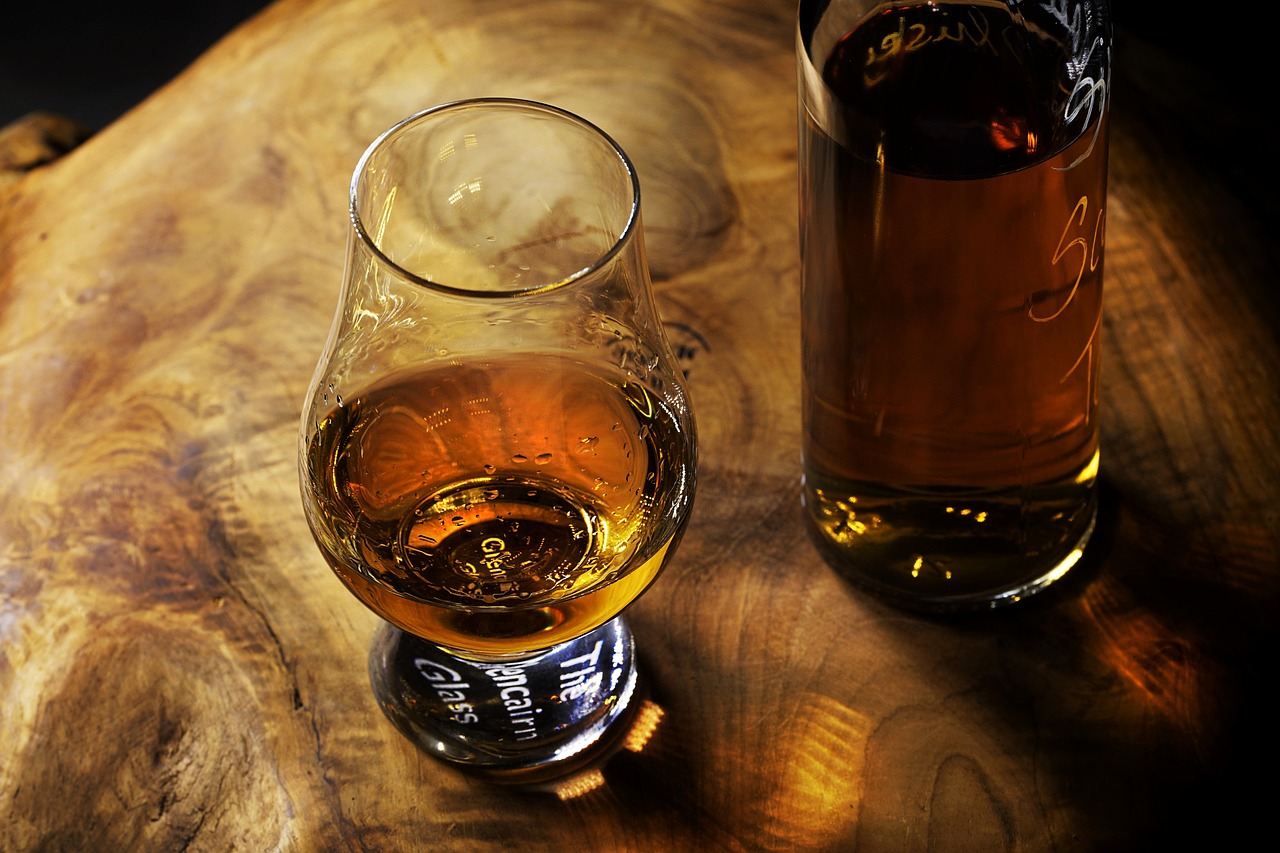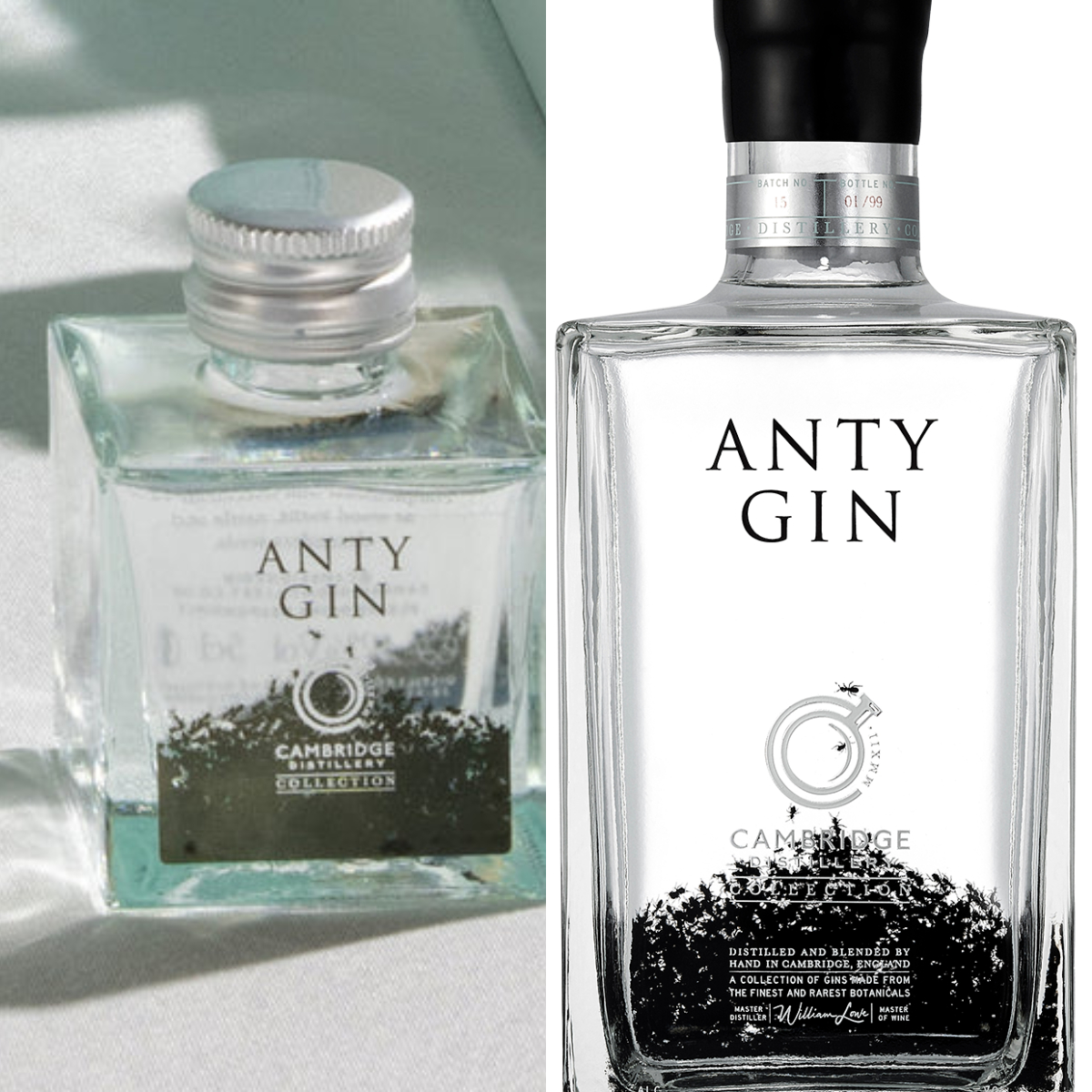Being a Mallu, I have been around too much yellow metal all my life. I think it’s phenomenal that I was never completely blinded by my aunt’s wedding attire, because even her saree had gold in it. I grew up to develop kind of a love-hate relationship with gold, but that’s changed forever. What transformed my opinion was the incredible revelation on the internet about gold infused alcohol. Finally, that ridiculously expensive thing has found its purpose of existence, apart from ruining lives.
Goldschläger: This is a kickass Swiss cinnamon schnapps with over 43.5% ABV. Apart from being an awesome choice of liqueur to taste the wholesome, earthy flavor of cinnamon, there are very thin, yet visible flakes of gold floating in it. With approximately 13 mg gold in a 1-Litre bottle, this is one treasure of a drink.

Danziger Goldwasser: The name is little hard to pronounce, but it’s a true-blue herbal liqueur with 35% ABV. Brewing since 1598 in Danzig, what makes this drink interesting are the small flakes of 22 or 23 karat gold infused in it. Created during the golden era of Alchemy, Goldwasser is said to be an excellent source of medical properties. Like we needed more reasons to try it out.

Gold Infused Sakes: Japan considers gold to be auspicious and celebratory and I am starting to believe in it. Most of their Japan’s premium sakes come with real gold flakes in it. Currently, True Sake, a prominent brand carries three different Kinpaku sakes from Tamon, Wakaebisu, and Kamotsuru in 1.8l, 720ml, and 180ml respectively and all of them look like little golden storms.

Smirnoff Gold Collection: With the motto “Gold in every drop”, Smirnoff Gold Collection is probably the right choice to make a beautiful cocktail. Triple distilled, ten times charcoal filtered vodka, flavored with a hint of cinnamon spice and garnished with real edible gold leaves, this drink is luxury at its finest.

groceries.morrisons.com
Honorary mention – Golden Baijiu: This one is unapproved, illegal, and quite a hit in the international market. A gold-flecked baijiu from China can cost you 3,999 yuan (about INR 38,060), according to Beijing Times. Nothing worth having comes easy or cheap.


